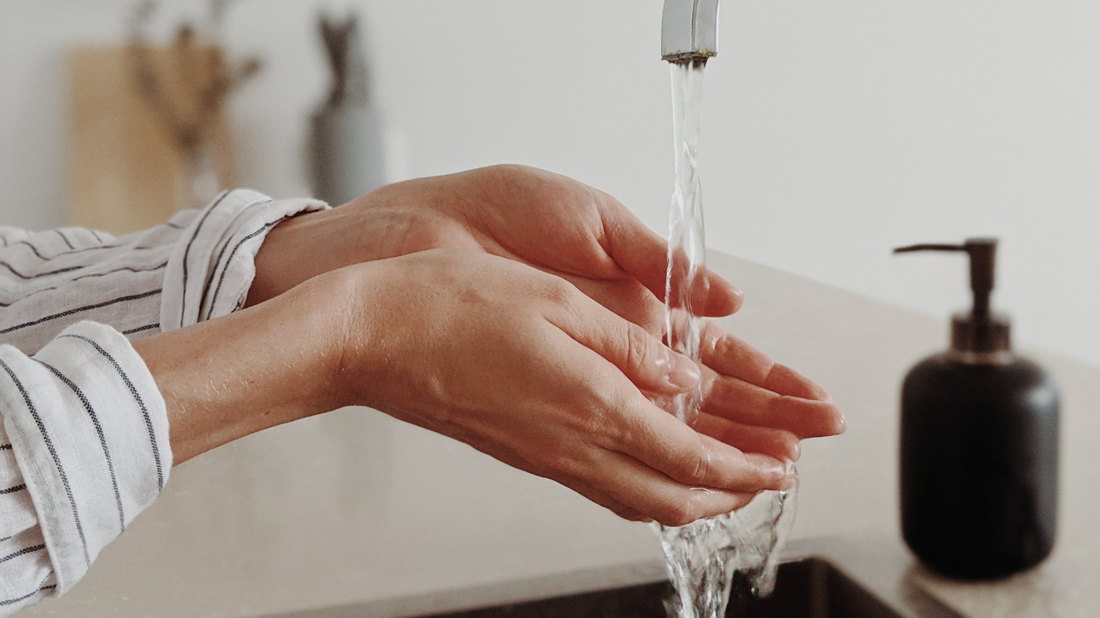Wash Your Hands (Like You Mean It)

Share
You’ve probably heard “wash your hands” since you were, like, three. But here’s the thing: it still works. Like, really works.
Cold and flu viruses? Bacteria? Germs on public transit, in lecture halls, bathrooms, and snack tables? They’re out there. But washing your hands—regularly and right—is one of the easiest ways to stay healthy and keep your friends healthy, too.
Why It Works
Germs are sneaky. They live on doorknobs, shared desks, gym equipment, phones, elevator buttons, and that ketchup bottle at the diner.
Washing your hands:
- Removes germs before they get in your nose, mouth, or eyes
- Helps you avoid colds, flu, stomach bugs, and worse
- Protects people around you—especially those with weaker immune systems
- Reduces sick days and general “ugh, why do I feel gross” energy
When to Wash Your Hands
- Before you eat
- After you use the bathroom
- After you cough, sneeze, or blow your nose
- After touching public stuff (door handles, shared keyboards, bus poles)
- Before and after caring for someone sick
- After handling garbage or dirty dishes
- After the gym
- When you get home
How to Wash So It Actually Counts
- Use soap and warm water
- Scrub for at least 20 seconds (hum the chorus of your favorite song)
- Get your palms, backs of hands, between fingers, and under nails
- Dry thoroughly—wet hands spread more germs
On the move? Use hand sanitizer (60%+ alcohol). It’s not a total replacement, but it’s great in a pinch.
Want Your Friends to Wash Up Too (Without Being Awkward)?
- Model it: “I’ll catch up—I’m going to wash my hands real quick.”
- Keep sanitizer on your keychain or in your bag and offer it around casually
- Use humor: “Friendship means reminding each other we just touched a shared shopping cart.”
Grab our free Clean Hands, Clear Conscience Guide on our FREE Resources page
And for more smart and seriously helpful life tips, check out
Unsolicited Advice for the High School Graduate: A Practical Guide for Becoming Independent.
